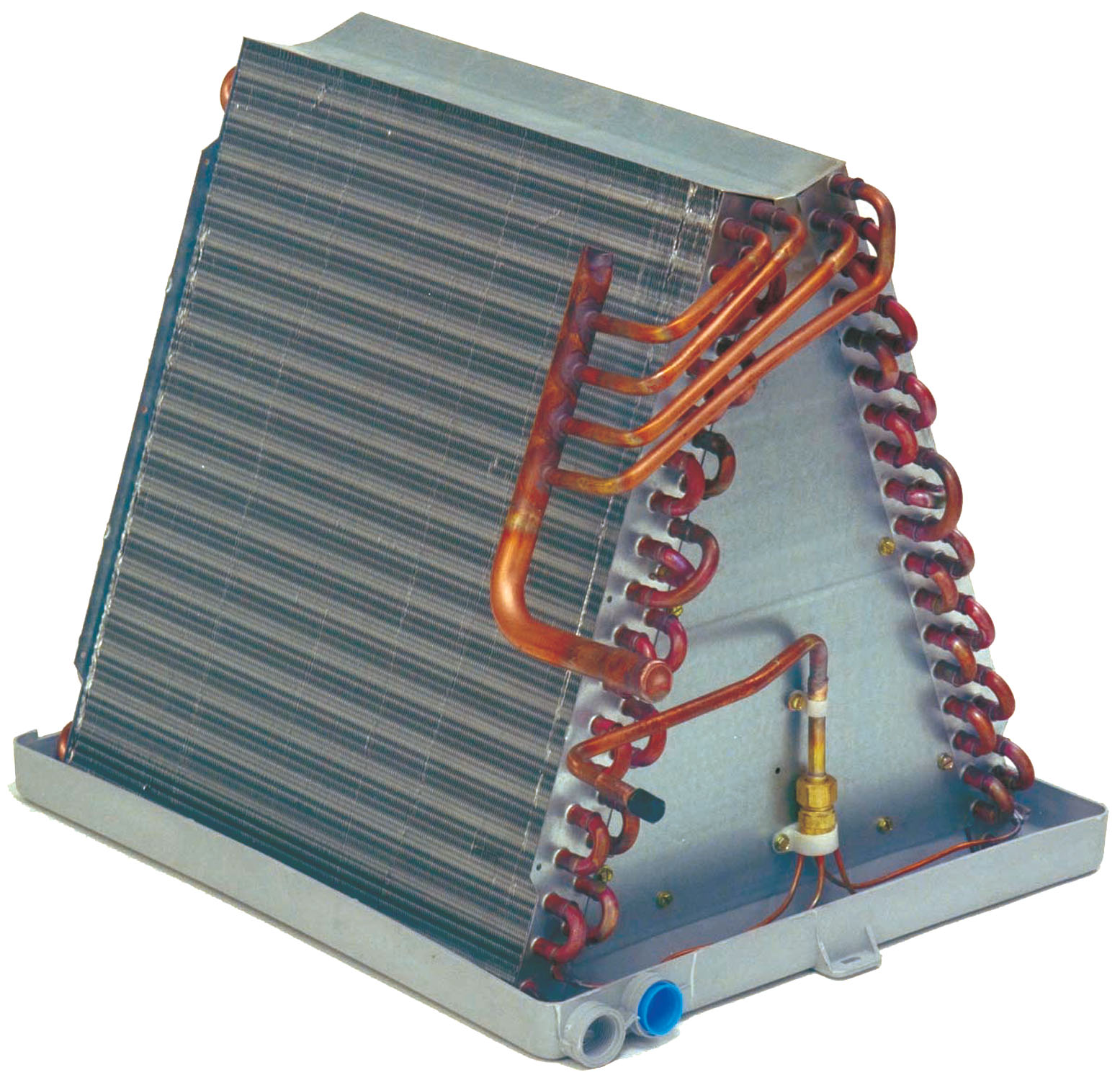Qs Laptop
Thinks s/he gets paid by the post
- Joined
- Mar 11, 2018
- Messages
- 3,531
It's going to cost you a lot more, A LOT MORE, to recharge your A/C this year.
I turned on our A/C on Sunday. I noticed it was taking a long time to cool down the house, about 6 hours, much longer than usual. This was in late evening without direct sunlight on the house.
My A/C is 19 years old. It has a pinhole leak that allows refrigerant to s-l-o-w-l-y leak out of it. Two summers ago, 2020, is when I discovered the slow leak as I had the A/C serviced and the tech needed to add 2 lbs. of R22 refrigerant. The cost was $60 per lb. With labor the total bill was $328. This was the first time I've needed to add refrigerant.
An A/C tech came out today and confirmed the leak and said I needed 4 lbs. of refrigerant, which would cost about $800, plus labor. You see, R22 has been banned from being manufactured or imported, and while you can still use R22 in existing equipment, you have to get it from existing supplies. R22 currently costs about $400 a lb. The replacement refrigerant is R410A (trademarked name Puron) and it costs about $200 lb.
But wait! R410A is also being phased out as a refrigerant. A clause was sneaked into a spending bill in Dec 2020, which will make R410A obsolete. The idea is to reduce R410A by yearly increments until it is completely phased out by 2035. This is increasing the cost of R410A every year (month?) It's up about 15% since January, for example.
The "new" refrigerant of choice will be R32. All A/C units built in 2023 and going forward must use R32. If you get a new A/C unit this year it will probably still be R410A. Hard to tell, though as a quick glance at Carrier, Lennox, and Trane's websites was inconclusive. It seems they only have R410A for 2022.
I can't see spending $1,000 every two year pumping replacement refrigerant into a leaky A/C. So I'm in a awkward spot of probably needing to buy a new A/C unit and might have to buy one that uses the old R410A refrigerant. Which will be obsolete in 15 years or less.
Does anybody know for sure if the major manufacturers are using R32 in home A/C units this year?
I turned on our A/C on Sunday. I noticed it was taking a long time to cool down the house, about 6 hours, much longer than usual. This was in late evening without direct sunlight on the house.
My A/C is 19 years old. It has a pinhole leak that allows refrigerant to s-l-o-w-l-y leak out of it. Two summers ago, 2020, is when I discovered the slow leak as I had the A/C serviced and the tech needed to add 2 lbs. of R22 refrigerant. The cost was $60 per lb. With labor the total bill was $328. This was the first time I've needed to add refrigerant.
An A/C tech came out today and confirmed the leak and said I needed 4 lbs. of refrigerant, which would cost about $800, plus labor. You see, R22 has been banned from being manufactured or imported, and while you can still use R22 in existing equipment, you have to get it from existing supplies. R22 currently costs about $400 a lb. The replacement refrigerant is R410A (trademarked name Puron) and it costs about $200 lb.
But wait! R410A is also being phased out as a refrigerant. A clause was sneaked into a spending bill in Dec 2020, which will make R410A obsolete. The idea is to reduce R410A by yearly increments until it is completely phased out by 2035. This is increasing the cost of R410A every year (month?) It's up about 15% since January, for example.
The "new" refrigerant of choice will be R32. All A/C units built in 2023 and going forward must use R32. If you get a new A/C unit this year it will probably still be R410A. Hard to tell, though as a quick glance at Carrier, Lennox, and Trane's websites was inconclusive. It seems they only have R410A for 2022.
I can't see spending $1,000 every two year pumping replacement refrigerant into a leaky A/C. So I'm in a awkward spot of probably needing to buy a new A/C unit and might have to buy one that uses the old R410A refrigerant. Which will be obsolete in 15 years or less.
Does anybody know for sure if the major manufacturers are using R32 in home A/C units this year?
Last edited:


